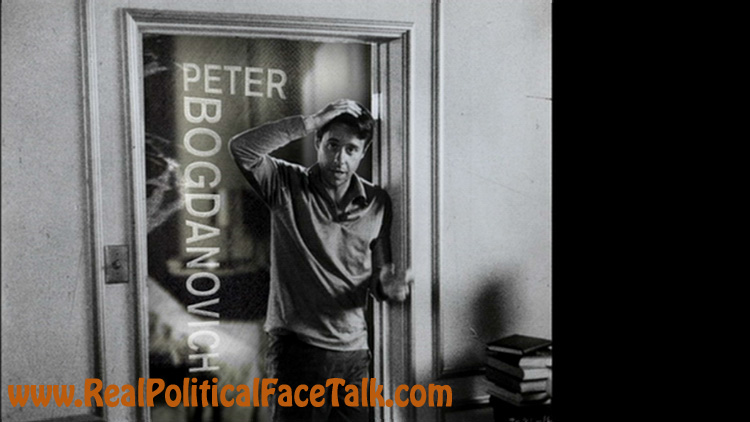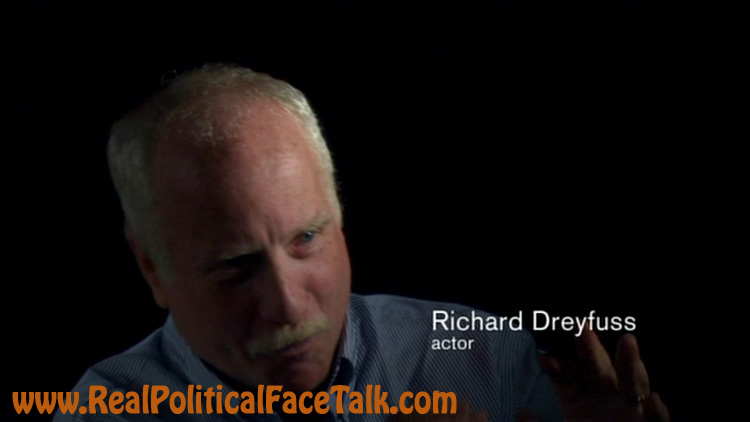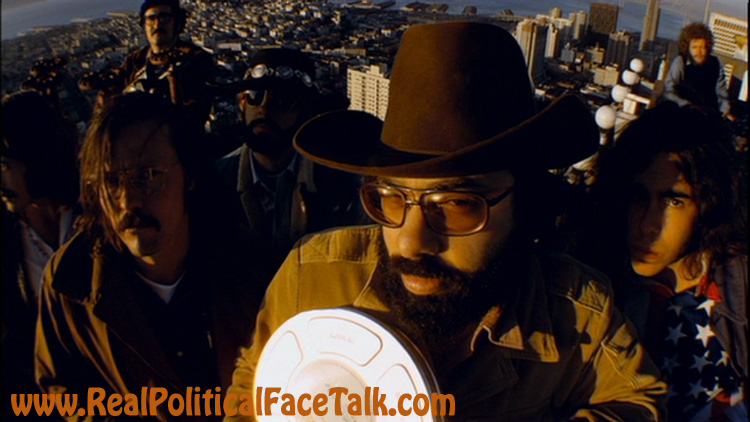'Easy Riders and Raging Bulls: How the Sex, Drugs, and Rock N’ Roll Generation Saved Hollywood' DVD Review **** 070705
(2003)
The Work = ****
I remember reading that the book 'Easy Riders and Raging Bulls' was both praised and hated for its portrayal of the movement of young talent in Hollywood in the 70s. I have not read the book so I cannot speak to its merits but 'Easy Riders and Raging Bulls' the film is a documentary that plays like a companion to the film I recently reviewed 'A Decade Under the Influence'. Like that film, 'Easy Riders and Raging Bulls' is a fairly slick documentary that looks at filmmakers that rose to power in the 70s and by the 1980s would have lost the favor of Hollywood.
Unlike 'A Decade Under the Influence' this film has a narrator (William H Macy) and it looks at the drug abuse and addiction that ran parallel to the success of the “new Hollywood” in the 70s. Nothing sums it up better than producer Jonathan Taplin’s anecdote about being at the AFI tribute to Alfred Hitchcock. To paraphrase him, he spoke about going to the bathroom and seeing every stall filled with people snorting cocaine and the sniffing sounds were almost overwhelming. An elderly bathroom attendant was the lone occupant outside the stalls.

So there was a lot of drugs in Hollywood at the time and there were affairs and there was young talent emerging everywhere and guess what? It ended badly for a lot of them. 'Easy Riders and Raging Bulls' does a good job of charting many key events and films that helped to shape the times. A lot of people are interviewed, although many of the big names are missing. Bagdanovich is present as is Richard Dreyfuss, Peter Fond, Ellen Burstyn, etc. The film focuses in on the new Hollywood directors with a pretty narrow lens, looking at Bagdanovich, Schlesigner, Friedkin, Coppola, Lucas, Scorsese, Spielberge Peckinpah, Hopper, Penn (Arthur,) Altman, and Ashby.
That sounds like a wide range of directors (and I’m leaving a few out) but it completely ignores of the movement of black films in the 70s. Why is that so important for this film to include? Well, simply because in many ways the movement of black cinema in the 70s was tied directly to the movement of the above young filmmakers. Part of the argument presented in the film is that this wave of new talent was given a boost by studios desperation. They had blown millions on movies that failed and were willing to spend smaller amounts on unknown, risky, projects in the hopes that they could generate returns.
Speaking broadly, that same desperation led to black actors and filmmakers getting the opportunity to make (albeit often super low budget) films in mass for the first time. The studious were tapping into black audiences and getting their money and it was part of what was saving their behinds. The end of the wave of black cinema came at about the same time as most of those young talents. The reason was simple: studious found a way of attracting the new audiences that were coming to theaters without the risk of the new talent. If they could keep the new audiences without the risky filmmakers, than why keep them?
Still, 'Easy Riders and Raging Bulls' does a lot right and being a fan of the filmmakers talked about in this film made it very enjoyable. Some of the best things in the film are the brief clips of people like Lucas, Coppola and Scorsese when they were very young and starting to get a lot of attention and notoriety. The film does lack modern interviews with many of the key players but it still tells some great stories. I say it is an easy recommendation if you are a fan of 70s cinema and its talent.

DVD = ****
The Look
Shout Factory (the same company that released the underrated Dennis Leary TV series 'The Job') has given 'Easy Riders and Raging Bulls' a good transfer. The film is presented in anamorphic widescreen, in the aspect ratio of 1.85:1.
The Sound
The film gets a stereo soundtrack. The mix sounded good to me, granted it is mostly just talking.
The Bonus
Extra footage has been cut together by subject and runs longer than the film itself. There are many interesting stories hear, including great stuff about 'The Godfather' and ' Apocalypse Now'. Many of those interviewed also voice their opinions on the book 'Easy Riders and Raging Bulls' by Peter Biskind. Biskind himself does a shortish’ interview and responds to some of the criticism. I must say, from the sounds of the interviews the book would seem to be a lot more gossipy than the film is. The dialogues on the book brought up memories of when I was in college and quite obsessed with Sam Peckinpah.
The one thing that came through is the guy liked trouble. He drank heavily, did drugs, went to prostitutes (and reportedly fell for some of them,) got in fights, shot guns in his house and could be tremendously paranoid. However, and this is very important, he also perpetuated that image and before things really went bad, reveled in it. After all when things were good why not add to the myth. The fact that people like Peckinpah were often exaggerating stories about themselves and others seems to be something that is missed by Biskind, who from the sounds of the interviews took everything reported as a true story. I can’t say for sure since I haven’t read the book, it is just the impression his interview gave.

All Together = ****
I am a huge fan of late 60s and 70s films so this one is an easy winner for me. I wanted a broader focus and I wanted modern interviews with more of the players that are talked about but hey I’m sure the filmmakers did the best they could. I think this film along with 'A Decade Under the Influence' and 'Baadasssss Cinema' make for an enjoyable look at cinema in the 70s. Being a fan, I always want more so maybe I am not the best judge. If you are a fan, I say give it a try and if you are just curious than try a rental. For an introduction to the movement 'A Decade Under the Influence' is probably a better choice but this film has its strengths too. Recommended.
-Nate
'Easy Riders and Raging Bulls' Links:
My review of 'A Decade Under the Influence'.